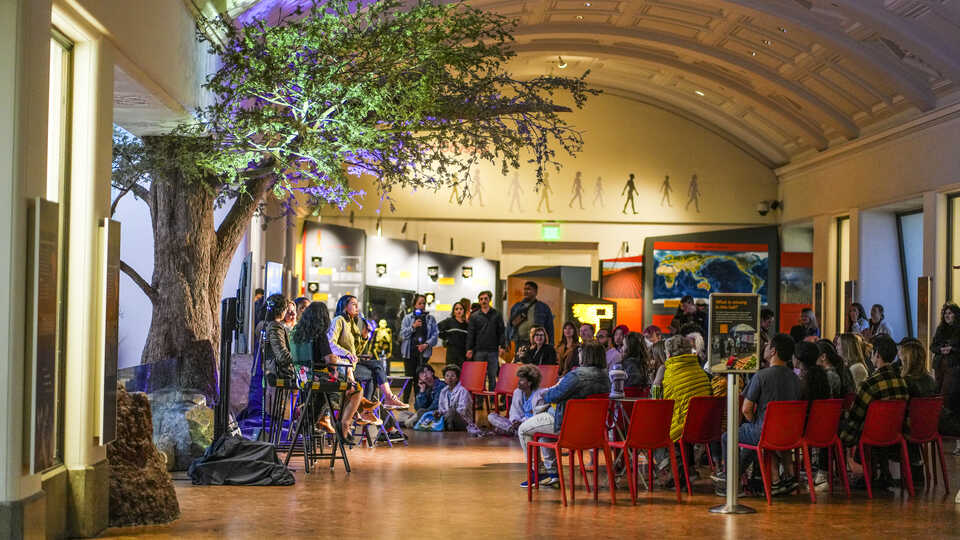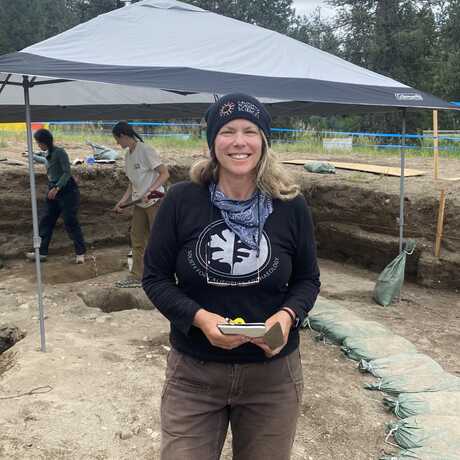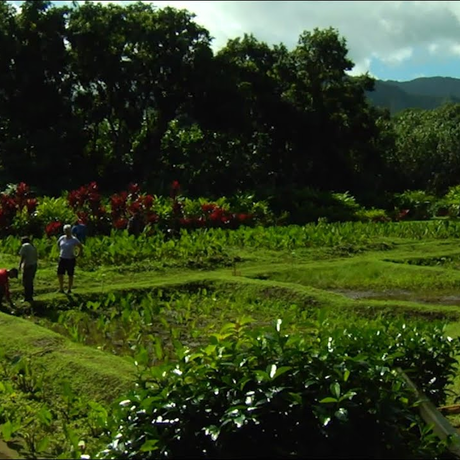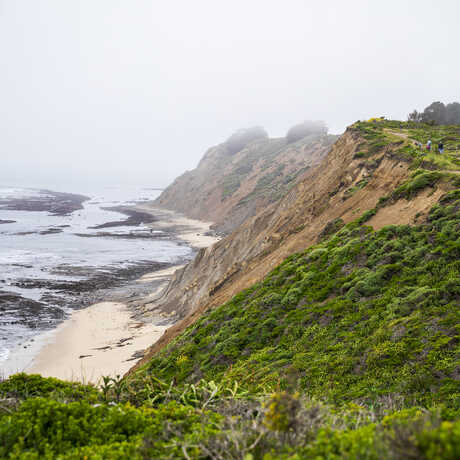Lectures & Workshops
Lilienthal Lecture: Two-Eyed Seeing: Integrating Indigenous & Western Science to Heal the World

This event is sold out.
Two-Eyed Seeing: Integrating Indigenous and Western Science to Heal the World
Tuesday, May 7, 7 pm
African Hall
Free with advance reservations
Over millennia humans have profoundly shaped global biodiversity and developed ingenious methods and means of interacting with local environments and buffering impacts of climate change, catastrophic events, and other social, environmental, and economic circumstances. How did ecocultural systems and niches evolve, and how can lessons from the past help us to build a more resilient future?
Drawing on recent studies investigating human-environmental dynamics in California, the Pacific Northwest, and the Kingdom of Bhutan, Dr. Shannon Tushingham will discuss collaborative historical ecology, the importance of “two-eyed seeing” (where indigenous knowledge holders and scientists engage in mutual learning and collaboration), and current efforts to integrate Native and Western science approaches to transform conservation research and restore healthy ecocultural systems.
This event is part of the Claire Matzger Lilienthal Distinguished Lecture Series
About Shannon Tushingham

Shannon Tushingham is the Irvine Chair and Curator of Anthropology at the California Academy of Sciences. She is an anthropological archaeologist who employs transdisciplinary science, evolutionary ecology frameworks, and collaborative community-based methods to better understand deep time human-environmental dynamics, human autonomy, and decision-making in the past, present, and future. She collaborates with Indigenous and local communities in western North America and Bhutan on studies designed to improve our understanding of the past with an eye on developing modern solutions to improve biodiversity, community health, and the preservation of cultural heritage.
Recent research investigates cultural niche construction, ancestral food and storage systems, the evolution of psychoactive plant use, and equity and multivocality in STEM. She is interested in leveraging the Academy as a leader in research that explicitly integrates Native and Western science approaches. Current studies investigate the historical ecology and development of Indigenous resource extraction systems, foodways, and traditional ecological knowledge and stewardship practices (e.g., cultural burning, cultivation or “tending” of certain plants and animals, reciprocal exchange systems, shell bead money, sophisticated storage systems, etc.), and how we might apply this knowledge to develop real world conservation solutions.
The mission of the Academy's Institute for Biodiversity Science and Sustainability (IBSS) is to gather new knowledge about life's diversity and the process of evolution—and to rapidly apply that understanding to our efforts to regenerate life on Earth.


